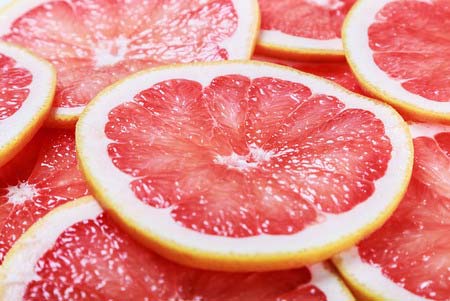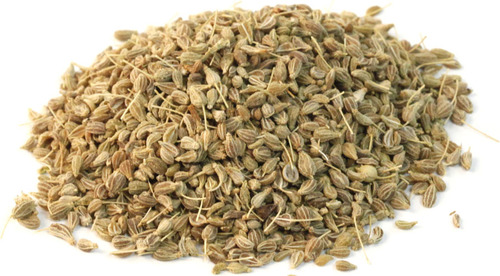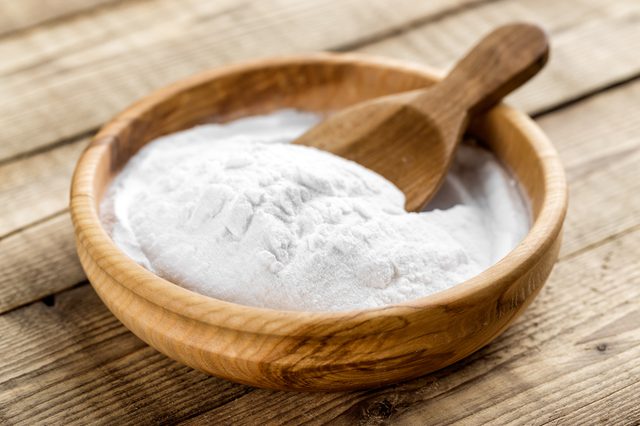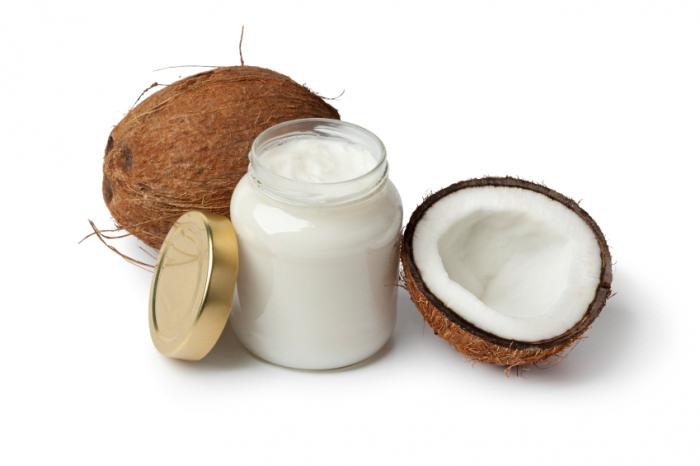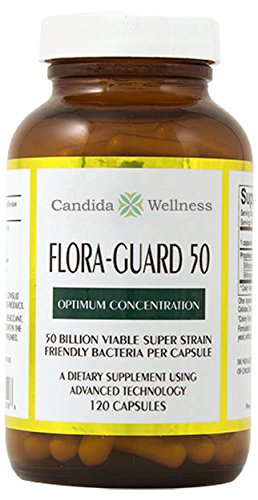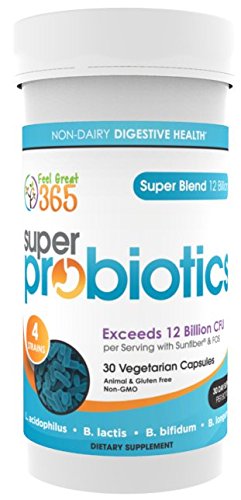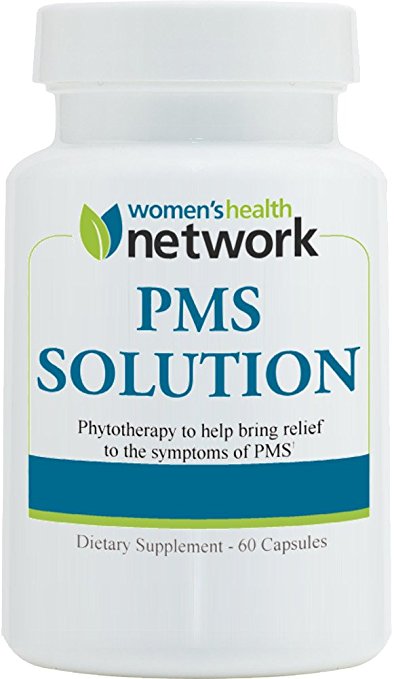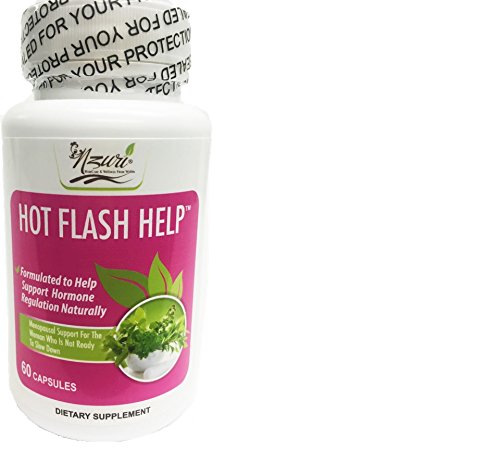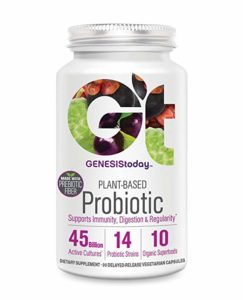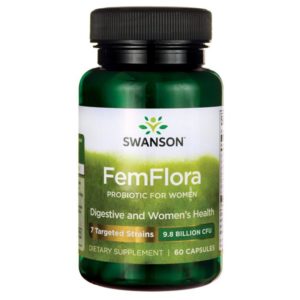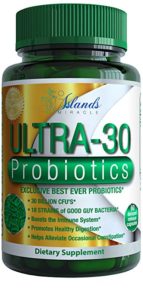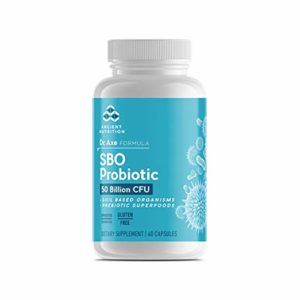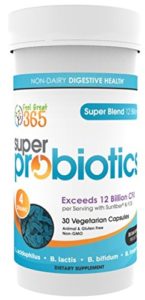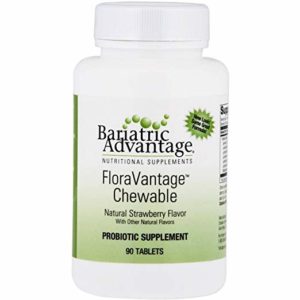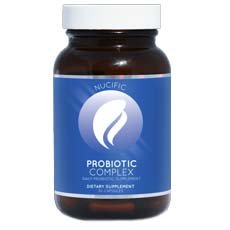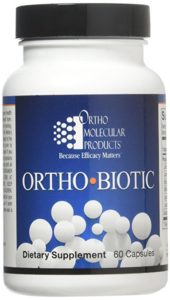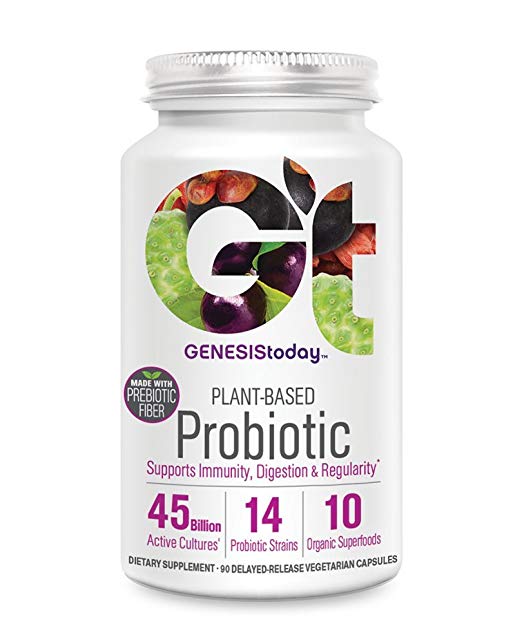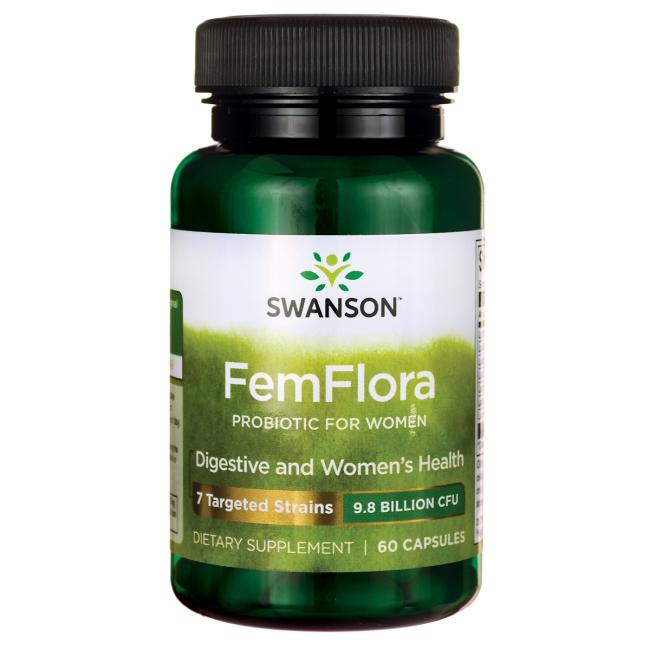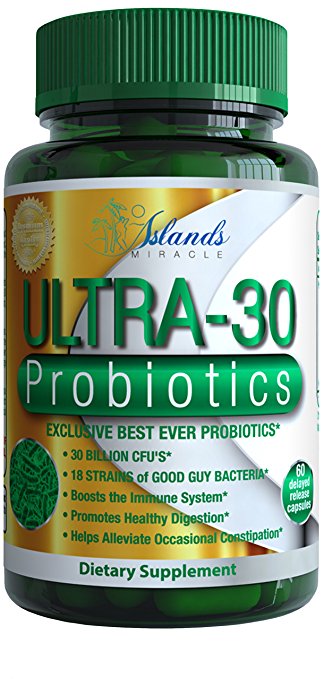
Feminine Issues?

The only All-Natural Product for:
- Feminine Issues
- Vaginal Odor
- Vaginal Itching
- Vaginal Discharge
Start Seeing A Difference Within a Few Days of Taking it!
WHAT'S THE PROOF?
Out of the tens of thousands of women that have tried Balance Complex, over 700 have been so impressed by the results, that they have voiced their results in the form of reviews for the product on Amazon, the world most TRUSTED online marketplace.
Below are just a few of the reviews of Balance Complex on Amazon:

"I have been looking for a probiotic to help with my feminine issues and this has done the trick!I have already recommended to other friends!" *

"I loved it. Just knowing that I was taking care of any problems that might occur that we as females go through gave me a piece of mind." *

"I was surprised it worked as fast as it did. Very Effective & Natural. I take one at night and one in the afternoon. And I feel so much better." *
Every order of Balance Complex on Amazon is backed by Amazon’s 100% money back satisfaction guarantee.
Try it for up to 90 days and if you aren't thrilled with the results, just notify Amazon and they will give you a full refund.
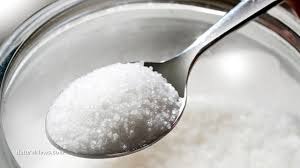
Yeast Infection and Sugar
A yeast infection is a very common infection of the vagina that affects most women at some time in their lives, sometimes recurring over time, according to MayoClinic.com. Also called vaginitis and candidiasis, a yeast infection develops when the fungal microorganism candida becomes too prolific in your body. While it’s not the only contributing factor in the development of yeast infections, the amount of sugar in your diet can play a role.
Normally, candida — a type of yeast — exists in your vaginal canal with no problem; your body’s natural healthy bacteria keep it in check. Occasionally, however, changes in your body’s bacterial balance can stimulate the overgrowth of candida and develop into a yeast infection. Although generally not harmful, yeast infection symptoms can be unpleasant and annoying. Symptoms generally include inflammation of the vulva and vaginal opening; itchiness, pain and burning sensations; pain upon sexual intercourse; and creamy, white vaginal discharge, according to the College of Charleston Student Health.
It might seem strange that your diet could contribute to yeast infections but it can. Any disruption to the normal, healthy bacterial environment inside your vagina can trigger the excessive growth of yeast and that includes some of the types of food you eat. High sugar intake is one of the conditions that promote yeast overproduction, according to the University of Maryland Medical Center. That’s because yeasts like candida feed on sugar; therefore, a high-sugar diet creates the ideal environment for candida to proliferate. This may be especially worth considering if you tend to experience stubborn, recurring yeast infections.
Adjusting your diet to inhibit candida overgrowth is one of the most important steps you can take to combat recurrent yeast infections, according to TheYeastDiet.com. An anti-yeast diet encourages the avoidance or severe limitation of sugar and foods comprised of simple sugars and starches, such as baked goods, refined bread products, sugary drinks, potatoes, corn and honey. Instead, it emphasizes more vegetables, beans and legumes, lean proteins, nuts and whole grains.
Several other factors besides sugar intake can contribute to recurrent yeast infections, such as antibiotics use, sexual activity, pregnancy, an impaired immune system and uncontrolled diabetes. Therefore, it is imperative to consult a physician if you suffer from yeast infections. Your physician can provide a full evaluation and recommendations for treatment, which may include medication and lifestyle changes, in addition to dietary adjustments.
Review Overview
5.1 OVERALL SCORE
Feminine Issues?

The only All-Natural Product for:
- Feminine Issues
- Vaginal Odor
- Vaginal Itching
- Vaginal Discharge
Start Seeing A Difference Within a Few Days of Taking it!
WHAT'S THE PROOF?
Out of the tens of thousands of women that have tried Balance Complex, over 700 have been so impressed by the results, that they have voiced their results in the form of reviews for the product on Amazon, the world most TRUSTED online marketplace.
Below are just a few of the reviews of Balance Complex on Amazon:

"I have been looking for a probiotic to help with my feminine issues and this has done the trick!I have already recommended to other friends!" *

"I loved it. Just knowing that I was taking care of any problems that might occur that we as females go through gave me a piece of mind." *

"I was surprised it worked as fast as it did. Very Effective & Natural. I take one at night and one in the afternoon. And I feel so much better." *
Every order of Balance Complex on Amazon is backed by Amazon’s 100% money back satisfaction guarantee.
Try it for up to 90 days and if you aren't thrilled with the results, just notify Amazon and they will give you a full refund.
Recent Tests
Categories
- General Health
- Feminine Guides
- Ingredient Guides
- Product Reviews
- Bacterial Vaginosis Products
- Candida Products
- Menopause Products
- UTI Products
- Yeast Infection Products
About Us

FeminineHealthReviews is dedicated in bringing you the top unbiased editorial reviews and ratings for natural products and supplements, along with specs, user reviews, supplement facts and more.
These statements have not been evaluated by the Food and Drug Administration. This product is not intended to diagnose, treat, cure or prevent any disease.
*Results may vary. If you are pregnant, nursing, have a serious medical condition, or have a history of heart conditions we suggest consulting with a physician before using any supplement. The information contained in this website is provided for general informational purposes only. It is not intended to diagnose, treat*, cure, or prevent any disease and should not be relied upon as medical advice. Always consult your doctor before using any supplements. Disclosure of Material Connection: Some of the links in the post above are "associate sales links." This means if you click on the link and purchase an item, we will receive a commission. Regardless, we only recommend products or services which we use personally and/or believe will add value to our readers. We are disclosing this in accordance with the Federal Trade Commission’s 16 CFR, Part 255: "Guides Concerning the Use of Endorsements and Testimonials." Disclaimer: © 2025 All Rights Reserved. The information provided on this site is intended for your general knowledge only and is not a substitute for professional medical advice or treatment for specific medical conditions. You should not use this information to diagnose or treat* a health problem or disease without consulting with a qualified healthcare provider. Please consult your healthcare provider with any questions or concerns you may have regarding your condition.Your use of this website indicates your agreement to this websites published terms of use and all site policies. All trademarks, registered trademarks and service-marks mentioned on this site are the property of their respective owners.





